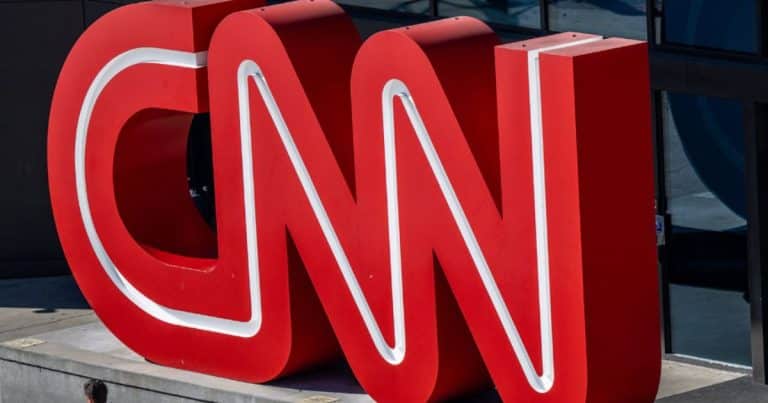In an era where media accountability has become increasingly crucial, another major news organization finds itself defending controversial reporting practices in court. Recent years have seen unprecedented legal challenges to mainstream media outlets, with Fox News settling for $787.5 million in the Dominion case and ABC News paying $15 million to settle with President-elect Trump.
But these high-profile settlements may pale in comparison to the latest case unfolding in a Florida courtroom.
The stakes couldn’t be higher as internal messages reveal troubling communications behind the scenes at one of America’s largest news networks.
CNN In Hot Water
At the center of this billion-dollar defamation trial is Zachary Young, a decorated Navy veteran and former CIA-trained operative. He alleges that CNN “maliciously destroyed” his reputation through what his attorneys describe as reckless reporting about his work helping evacuate Americans and allies from Afghanistan during the chaotic 2021 withdrawal.
If you’re wondering how a respected veteran became CNN’s target, buckle up.
“They didn’t care about the truth. They cared about theater and they cared about ratings,” Young’s attorney Kyle Roche told jurors. He presented internal messages from CNN editors who acknowledged the story was “full of holes like Swiss cheese.” They also said that it was “80 percent emotion and 20 percent obscured fact.”
The lawsuit centers on a November 11, 2021, CNN segment that portrayed Young as operating in a “black market” and exploiting “desperate Afghans.” However, 14th Judicial Circuit Court Judge William S. Henry has already ruled that Young “did not act illegally or criminally” and “did not take money from Afghans” despite CNN’s implications.
Perhaps most damning are the text messages revealed in court showing CNN correspondent Alex Marquardt’s aggressive pursuit of the story.
“I’m going to nail that Zachary Young,” Marquardt wrote to a producer, who replied, “I’m going to hold you to that cowboy.”
When Young attempted to correct what he saw as inaccuracies before broadcast, he was given just two hours to respond to multiple questions.
“That’s definitely not a realistic deadline. In any case, I can tell you for sure, some of your facts/assertions are not accurate, and if they are published, I will seek legal damages,” Young warned in texts shown to the jury.
CNN aired the story anyway.
Devastating Impact On Young
The impact on Young has been devastating. Once earning $350,000 annually through his legitimate security consulting practice, Young testified that he hasn’t been able to work since the report aired. He described suffering multiple panic attacks daily and requiring medication and therapy.
“It’s devastating when you’re labeled a criminal all over the world for someone like me,” Young testified. He explained that even his attempts to help with evacuations in Sudan were met with “hate echoing what CNN said.”
CNN’s defense team maintains their reporting was “carefully researched” and “carefully written.” The network’s lawyers argue that “neither story accused Mr. Young of doing anything illegal.”
Sound familiar? Another case of “carefully researched” reporting that just happens to destroy conservative reputations.
The evidence suggests otherwise. Internal communications presented in court show CNN executives themselves questioned the story’s validity before it aired. One senior editor even wrote that it had “more holes than Swiss cheese” in an email dated November 10, 2021. This was just one day before it was broadcast.
Let that sink in: A veteran trying to save lives was portrayed as a profiteer by a network that apparently cared more about ratings than truth.
The trial, expected to last two weeks, comes at a critical moment for media accountability in America. As more cases challenge traditional media protections, the outcome could have far-reaching implications for how news organizations balance aggressive reporting with factual accuracy.
For Young and his supporters, the case represents more than just a personal vindication. Indeed, it’s also about protecting those who serve America from becoming casualties of ratings-driven journalism. As the trial continues, the question remains: Will truth and traditional American values prevail over media theatrics?
Only time will tell.
Key Takeaways:
- Internal CNN messages show executives knew the story had “holes” before destroying the veteran’s reputation.
- A Navy veteran warned the network about inaccuracies but was given just two hours to respond.
- Judge already ruled that the veteran “did not act illegally” despite CNN’s implications.
- The case could redefine media accountability as veteran seeks $1 billion in damages.
Sources: Daily Wire, Newsweek, Yahoo News


Leave a Comment